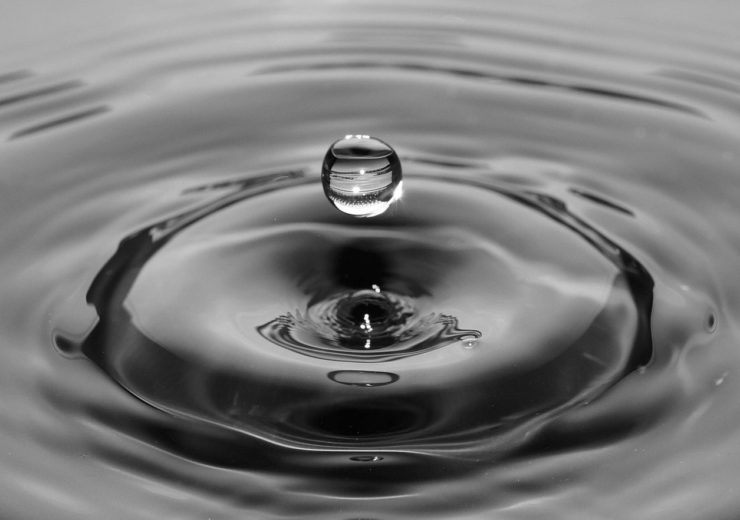The funding will support a project in providing people on South Tarawa with improved access to a safe, reliable and climate-resilient water supply

The total estimated cost of the project is $58.12m. Credit: Pixabay/Rudy and Peter Skitterians.
The World Bank has agreed to provide a loan of $15m to the Government of Kiribati to strengthen water supply in the island of South Tarawa.
The funding will support the South Tarawa Water Supply Project in providing people on South Tarawa with better access to safe, reliable and climate-resilient water supply.
Kiribati is a remote, geographically dispersed island nation located in the central Pacific Ocean, with an estimated population of over 100,000. The island nation is spread across 21 islands. Such geography presents significant human development challenges including access to safe drinking water and sanitation.
Tarawa, Kiribati’s capital, has weak water resources due to its small size, coupled with a lack of storage capacity. The limited freshwater resources are now combining with climate changes to further add to the water scarcity.
The aim of the South Tarawa Water Supply Project is to address the issues by expanding and modernising the capital’s water supply network to deliver piped water to homes.
The water project aims to build seawater desalination plants
Under the project, seawater desalination systems will also be built to meet the water demands and to increase drought resilience up to the year 2040.
A new solar plant will also be built, along with energy storage and transmission infrastructure to help offset the electricity needed for the new water system. Furthermore, the project will also support improvements to the operations and capacity of the Kiribati Public Utilities Board.
World Bank Papua New Guinea and the Pacific Islands country director Michel Kerf said: “Water scarcity, combined with the impacts of climate change, threaten the livelihoods, wellbeing and the very existence of communities in South Tarawa.
“We are proud to be able to assist the government of Kiribati to tackle these critical water supply issues in a sustainable way, ensuring that communities’ have access to safer, more reliable water for years to come.”
The total estimated cost of the project is $58.12m. The project is also supported by the Asian Development Bank (ADB) and Green Climate Fund totaling $41.63m and with contributions from the government of Kiribati amounting to $1.49m.
